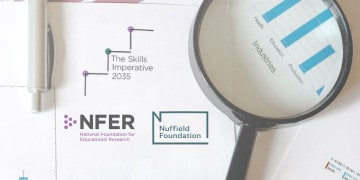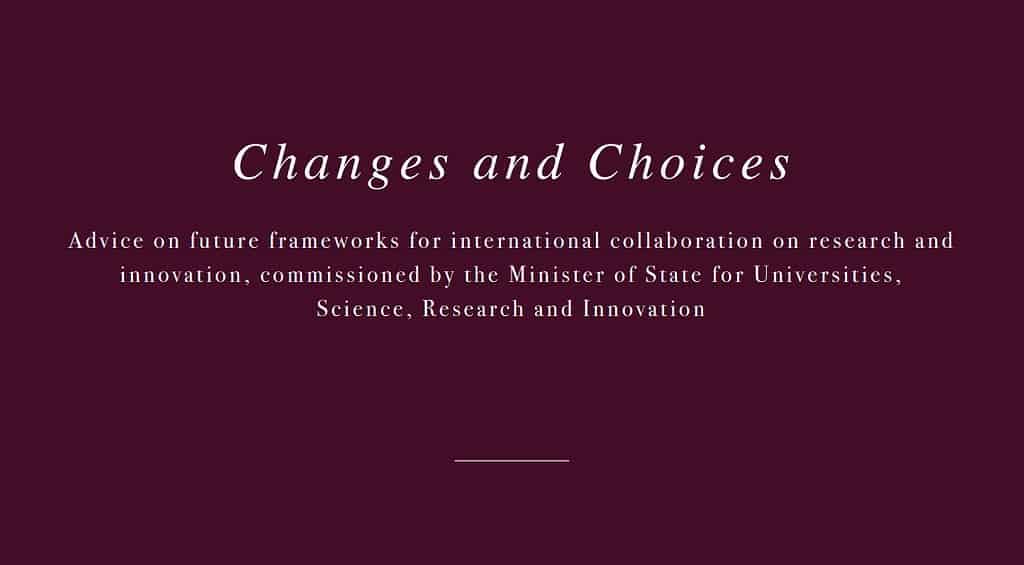Louise Stubberfield, Primary Science Programme Manager at the Wellcome Trust, introduces recently published research exploring initial teacher education in primary schools across the England and Wales.
Are primary teachers prepared for science?
22 Jan 2018
Science should be exciting for all young people, giving them skills and opportunities to improve their futures – and that starts with excellent primary education. Unfortunately data from Wellcome Trust’s 2017 ‘State of the Nation‘ report found that a quarter of primary teachers are concerned about answering pupils’ questions about science and most UK schools average less than two hours science teaching each week. There is no doubt that science has a low priority in many UK schools.
Initial Teacher Training
Teachers themselves are the greatest resource we have to ensure that every pupil gets that great start in primary science. It is vital that new entrants to primary teaching are well prepared to teach science, so we commissioned research to help us understand the different primary initial teacher training (ITT) routes in England and Wales, focussing particularly on primary science. Our report shows that there is a lot of consistency across the ITT routes for primary science but there are many opportunities to improve the offer.
Guidance for trainees
We found that the timeframe for all primary ITT courses is tight and so providers cannot cover all of the subject knowledge needed for primary science. The trainees are therefore responsible for identifying and addressing gaps in their own subject knowledge. But more than two thirds of teachers in our research had not studied science beyond GCSE (or equivalent) and so it may be hard for trainees to identify their misconceptions. As the Teachers’ Standards require teachers to ‘demonstrate good subject and curriculum knowledge’, and be able to ‘make accurate and productive use of assessment’, it is essential that ITT providers give good guidance for trainees to:
- address weak subject knowledge
- ensure they understand how they and their pupils may develop misconceptions about science.
Teaching practice
Several ITT providers reported difficulties in ensuring that trainees taught science while on placement in schools, although other providers were able to do so. The 2016 National Standards recognise clearly the role of schools and school-based ITT mentors in ensuring that trainees have the necessary experience to meet the Teachers’ Standards so ITT providers should be able to ensure that every trainee teaches primary science while on placement and observes excellent science teaching.
Teachers’ reflections on their training
Teachers reported that they would like more ITT covering practical experiments and lesson ideas, assessment of science, and opportunities to observe excellent teaching. To some extent better subject knowledge, pedagogical content knowledge and a better understanding of how children progress their ideas in science would address these concerns. It is unlikely that the restricted ITT period could cover all of the content necessary for primary science teaching. The case studies in our report highlight how some teachers have addressed these needs through ongoing professional development supported by their school leaders.
However when science has low priority in school, as we highlighted at the start of this piece, it is hard for teachers to access the professional development they need. And if you are a teacher who does not readily identify with science, then it can be even more challenging. And that’s why Wellcome is investing so much in primary science, particularly with Explorify, a free easy-to-access digital resource that is capturing the imaginations of teachers and pupils alike, and helping to make sure primary science is excellent.
Related articles

The Physiological Society’s policy team on the health challenges facing older workers and the urgent need to develop a strategy to ensure older people are happy and healthy at work.

Jo Reynolds, Director of Science and Communities at the Royal Society of Chemistry, on the RSC’s new summary report looking to unlock the potential of deep tech SMEs.

Lisa Morrison Coulthard, Research Director at the National Foundation for Education Research, on the Nuffield Foundation funded five year research programme providing insights into the essential employment skills needed for the future workforce

Sir Adrian Smith, Institute Director and Chief Executive of The Alan Turing Institute, and Graeme Reid, Professor of Science and Research Policy at UCL, set out the findings from their new independent report on international partnership opportunities for UK research and innovation